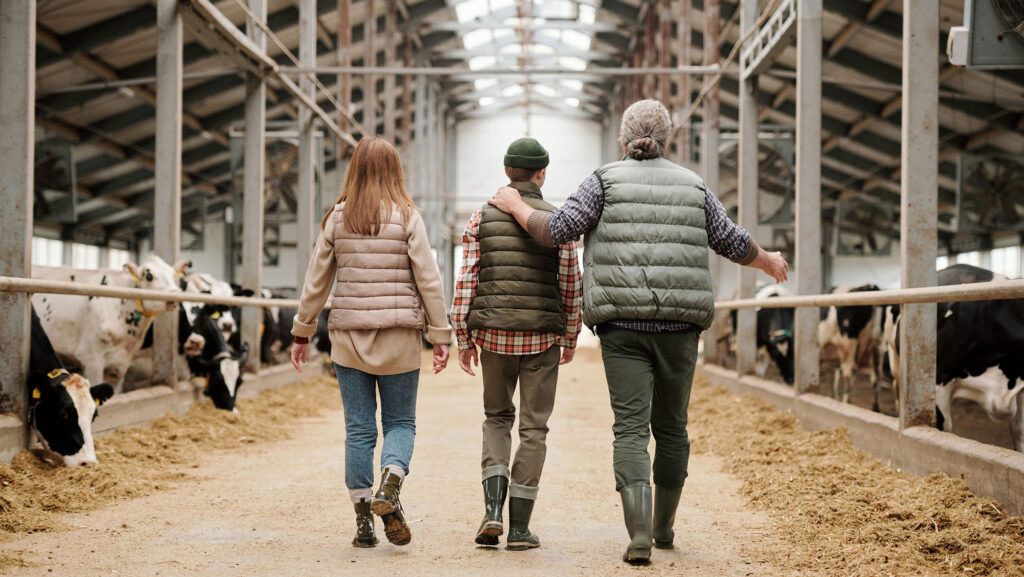Opinion: Is your family partnership deed fit for purpose?
 © Adobe Stock
© Adobe Stock Although I have every intention of living and farming (aren’t they the same thing?) to a ripe old age, “succession planning” comes to all of us in the end.
In my case, this has so far involved encouraging my five children to carry the farm on when, no longer able to turn the sod, the sod has been metaphorically turned on both their mother and me.
So far, this has involved forming a family farming partnership, which has given the children a share of the business capital and separate administrative and practical responsibilities within the running of the business.
See also: Stephen Carr – I’ve come to the conclusion I’m incurably grumpy
Some of them are still in full-time education, and those who have left university are currently pursuing non-farming careers. But, hopefully, the concept of farming continuity is being established.
So far, so good. But I have to confess to being more than a little alarmed by a distressing report earlier this month in these pages about what can happen to a family farming partnership if things start to go wrong.
The Court of Appeal recently considered a case where a partner retired from a family farming partnership but there was no provision in the partnership deed for a partner to do so.
There was no dispute at the time, but after the death of both parents, the partner who had retired brought a claim against their siblings and other parties for their share of the partnership to be paid out.
The dispute eventually went to the High Court. A judgment was made the following year, which was then appealed.
This led to a further High Court hearing, which was appealed again, leading to a further Court of Appeal hearing.
The result of all these court judgments and appeals was that the retired partner was entitled to their share of the partnership on the day they retired, plus 5% interest on the value of that share since they retired.
But, with legal costs already exceeding £850,000 (even before the cost of more recent legal proceedings and appeals were added) it was the words of one of the Appeal Court judges that struck me.
He observed that, whatever the value of the retired partner’s share, “the cost of further litigation about it is likely to be disproportionate” and that the parties should reflect “on what this sad family breakdown has cost them”.
Family farming partnerships are usually set up in an idealistic, loving spirit of trust and mutual regard.
But, as time passes, family members’ priorities can change and this, of course, is where the disputes can start.
I spoke recently to a lawyer who asked me to imagine what it was like to be part of a meeting where two farming brothers, locked into a farming partnership, had come to distrust each other.
They simply sat there, arms folded, contradicting, on principle, everything the other one said.
It is a terrible thought to imagine one’s children falling out over money.
Needless to say, I’ve been poring over our family farming partnership deed ever since reading the Farmers Weekly report, and have made an appointment with our family solicitor to ensure there is a clearly understood and equitable way out for any partner wishing to leave.
If you have a family farming partnership, I suggest you do the same.

